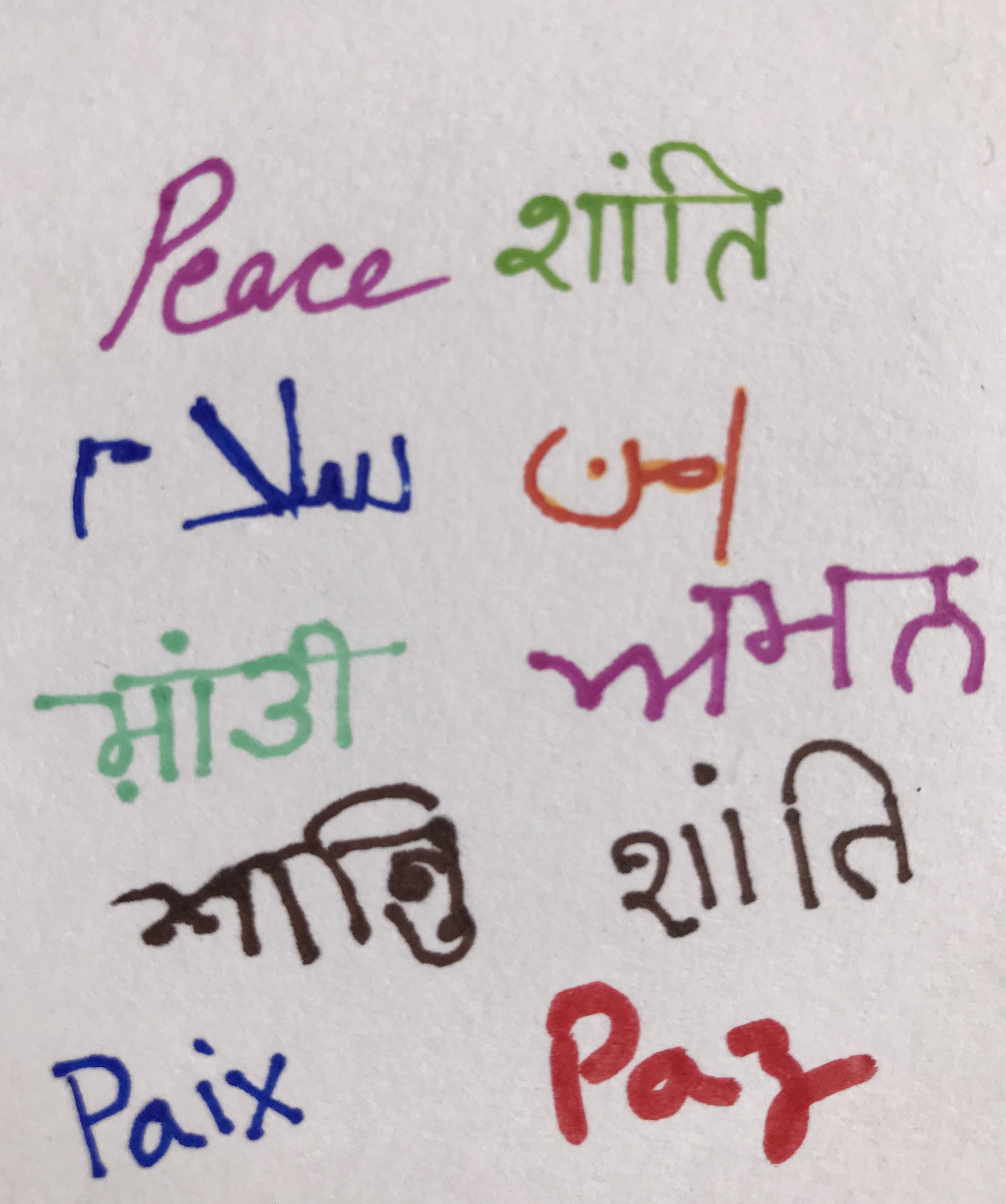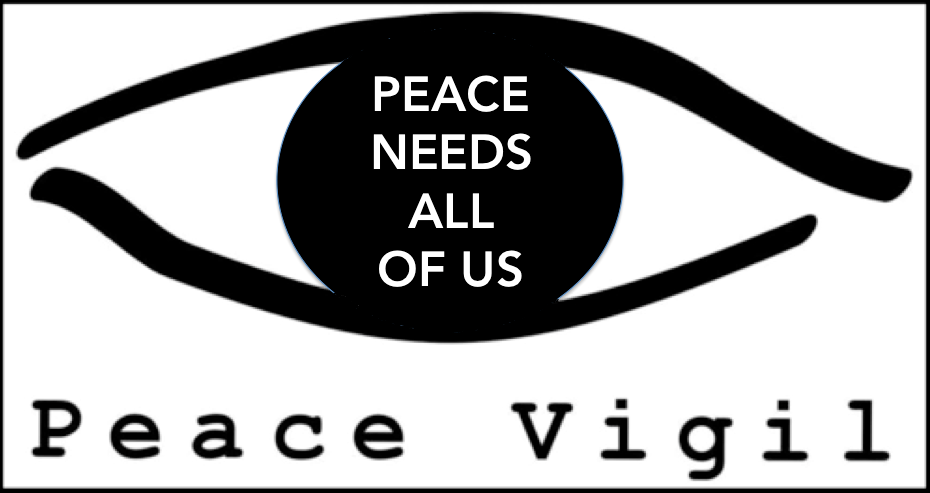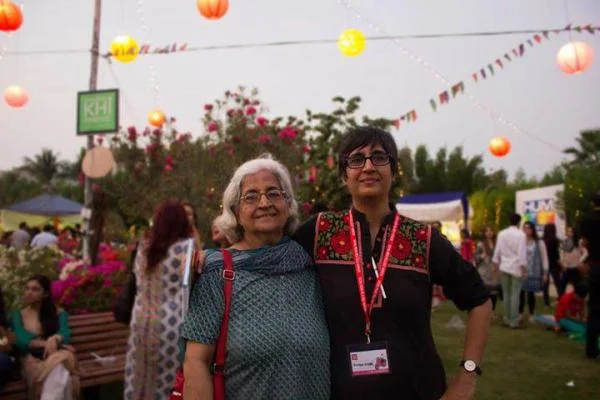Hungarian Hate
“Every single migrant poses a public security and terror risk.” - Viktor Orbán, newly re-elected Prime Minister of Hungary
Hungary is not a country that we often think about. But for those of us interested in peace, it’s worth taking a moment to analyze the elections that took place last week.
Despite some protests and allegations of unfairness in the electoral process, Prime Minister Viktor Orbán’s far right coalition will return to power with a super majority of two-thirds of the seats in Parliament. That means they can ram through any legislation they like without the opposition being able to do much to stop them. This will be Hungary’s third government headed by Orbán.
What are the Orbán’s politics? He was already a successful politician before launching an anti-immigrant (and anti-Muslim) campaign in 2015, after which he’s been able to increase his popularity significantly. In the latest election campaign he also used antisemitic campaigning to great effect by vilifying figures like George Soros.
Have the people of Hungary benefitted from this leadership? GDP per capita is more or less the same was when Orbán was first elected, as are other economic indicators like unemployment and poverty rates. In comparison with other countries in the region, Hungary seems to have similar levels of poverty and unemployment to countries that have a far more liberal approach to the immigration crisis.
So who has benefitted? Orbán is now Hungary’s third longest serving prime minister in history and the longest serving since the fall of the Soviet Union. So he and his party are certainly benefitting by playing the divide and rule card.
There is much to learn here about electoral politics, xenophobia and racism. The politics of division and hatred are working, at least in Hungary. How do we ensure that our communities and our families are not susceptible to these kinds of divisive politics? There are no easy answers here. What sort of tools do you think can bring people together rather than drive them apart?





